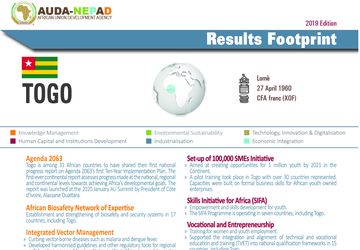 Togo
Togo
Official Name: Togolese Republic
Capital: Lome
Independence Day: 27 April 1960
Currency: CFA franc (XOF)
Key Result
The CREDO-ACTION project reached enabled women in 6 rural villages to organise themselves into groups for income-generating activities. The women were organised into cooperatives and increased their capacities in agricultural productivity.
Togo received 39 million USD from the Global Agriculture and Food Security Programme (GAFSP) to support agricultural productivity growth through adoption of technology, increased value addition, and promotion of agricultural diversification.
Capacities of 3 Agriculture Training Centers have been strengthened in the application of modern curriculum and Competent based approach (CBT) for delivering training.
Approximately 150 students have been trained in the entrepreneurship courses (according to the Competency-based Economies through Formation of Enterprises (CEFE) approach. This approach was designed to assist students to better understand market needs.
Communicators from Togo were among 16 communicators from the TerrAfrica member countries who were trained on communicating Sustainable Land Water Management issues and facilitating information flow between TerrAfrica Secretariat, Member States and RECs.
Projects
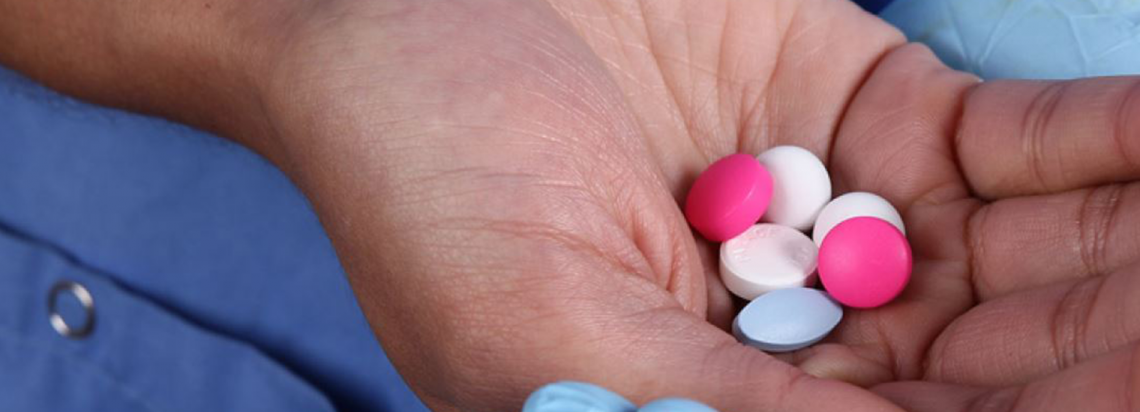
A critical AU Model Law aimed at harmonizing medical products regulatory systems in Africa was endorsed by African Heads of State and Government at the January 2016 AU Summit in Addis Ababa, Ethiopia. The AU Model Law will contribute towards accelerate the regulation of safe, quality and affordable medical products and technologies in Togo.
The West Africa Medicines Regulatory Harmonization (MRH) programme was launched in 2015 in Accra, Ghana. Togo participated in the establishment of the joint MRH Project Steering Committee and formation of 7 Technical Working Groups (TWG’s). The TWG’s are tasked with developing technical guidelines of the MRH programme. In addition, a joint framework of collaboration between WAHO and WAEMU has been agreed upon.

CAADP Compact: Togo signed the CAADP Compact on 29 - 30 July 2009.
Capacity Building: Demand-driven, modular, short-term pilot measures for agricultural training (along selected value chains) were offered by public and private agricultural training institutions for 200 young ‘agripreneurs’ of which 60 were women.
Capacities were enhanced in agricultural skills and entrepreneurial and commercial knowledge for trainers, youth and women in selected agricultural training centres in Benin, Burkina Faso and Togo (over 3 000, with women constituting about 30 per cent).
NEPAD also supported Togo by undertaking a basic diagnostic study of agriculture public expenditures and a specialised study on public expenditure tracking was conducted from 4 – 9 June 2010. Technical experts were deployed to Togo in June 2010 to undertake independent technical reviews of their National Agricultural Investment Plans (NAIPs). The National Agricultural Investment Programme and Food Security (PNIASA) has five main programmes: Development of the vegetable, livestock and fisheries sectors, research and making knowledge accessible, sectoral coordination and institutional strengthening.
Business: Togo’s first CAADP Business Meeting was held on 14 - 17 June 2010.
Funding: Togo received funding from the Global Agriculture and Food Security Platform (GAFSP) amounting to USD 39 million.
Results:
- In the four years since its implementation, the PNIASA has contributed to improving food security through the availability of quality food produced nationally. Production of cereal is at 106 per cent of the country’s food requirements.
- Initiatives of the PNIASA have also resulted in the creation of jobs in the agriculture and related sectors.
- Togo has also since conducted two studies to review public expenditure in agriculture.

Project : TAH programme
Description : This is phase I of the continental connectivity programme that focuses on completion and standardisation of the TAH missing links by 2030
Project : Single African Sky phase 1 (design and initial implementation)
Description : Single African Sky is a continental programme that will create a high-level, satellite-based air navigation system for the African continent
Project : Yamoussoukro Decision implementation
Description : Accelerate Yamoussoukro Decision implementation by identifying countries that are ready to fully implement it, and discussing and agreeing with both their governments and airlines to launch the voluntary club on a full membership basis;
Project : ICT Enabling Environment
Description : This programme would improve the environment for the private sectors to invest in high-speed broadband infrastructure
Project : ICT Terrestrial for Connectivity
Description : This programme has two main components: secure each country connection by at least two broadband infrastructure and ensure the access to submarine cable to all landlocked countries
Project : Internet Exchange Point (IXP) programme
Description : The aim of this programme is to provide Africa with adequate internet node exchange to maximise internal traffic
Project : Abidjan-Lagos Coastal Corridor (DFS)
Description : This programme would modernise the most heavily travelled ARTIN corridor in West Africa (trade facilitation, OSBPs, capacity enhancement and implementation of PPP)
Project : West Africa Hub Port and Rail Programme
Description : This programme aims at responding to the future capacity problems in West African ports. This programme has two components: (a) a regional hub port and rail linkage master plan and (b) port expansion

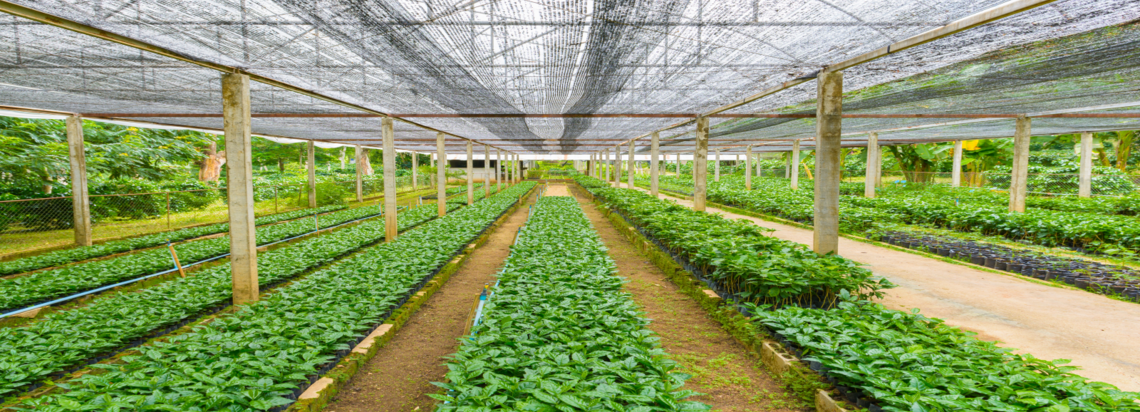

Members of Parliament from Benin, Burkina Faso and Togo received guidance on formulating and implementing laws that stimulate technology innovation and adoption.
Technical capacities were strengthened to establish and manage functional biosafety systems for the safe use of modern agricultural biotechnology. Other technical support included national biosafety training workshops, biosafety short courses at African institutions and partner institutions outside Africa, notably at Michigan State University in the USA, biosafety internships, technical consultation support, and biosafety information resources.
Results:
•9 656 women supported to clean water access and sanitation
•359 291 women capacitated through CSO and grassroots organizations including 92 Local authorities and state government in the six geopolitical zone of Nigeria. Namibia 13 Council has implemented Action Plan for Gender Aware Service Delivery and 384 Parliamentarian in the region of Tigray, Amhara and Somalia facilitated research support from 250 graduated students for Gender Aware Parliamentarian Oversight.
•74 435 women empowered economic and financial terms: Income generation skills; Deployment of technical assistance to boost agriculture production for both consumption and commercial purposes; Accessing agricultural extension services; Promotion of gender inclusiveness in decision making; Creation of enabling environment to access land; Land tenure and legalization of land title for women; Youth job creation; SME management; Informal and Regional Trade development.
•25 438 women support through institutional based capacity building
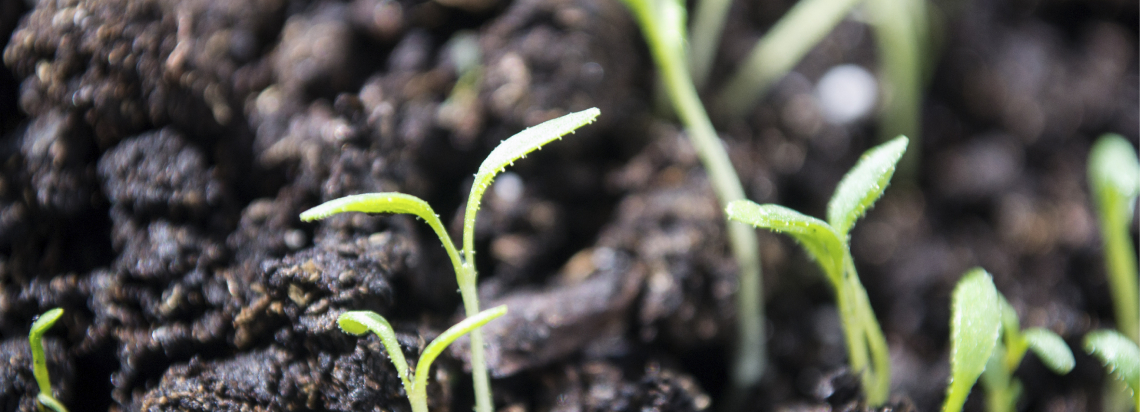
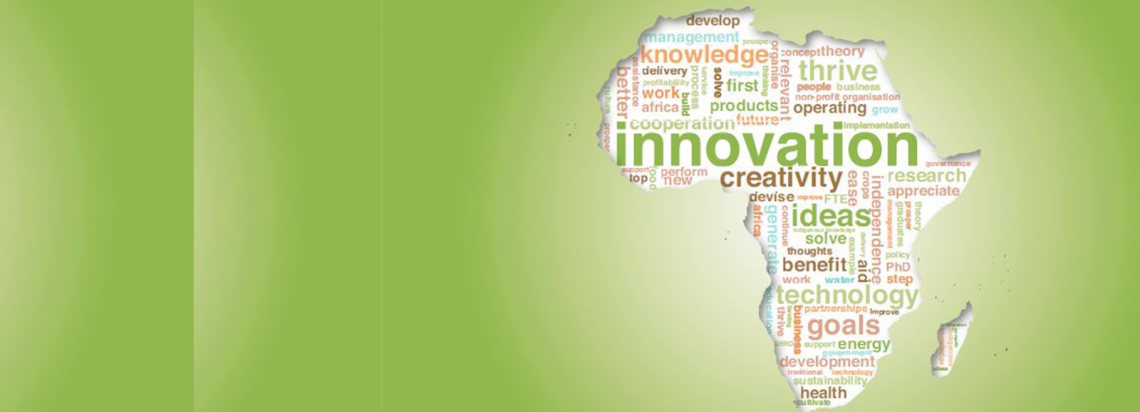
The ASTII project has been in operation in Togo since September 2012. During the implementation period, the country’s data on R&D core indicators was collected and subsequently featured in the 2nd African Innovation Outlook (AIO-2014). There are plans to feature the data on both R&D and Innovation indicators in the 3rd African Innovation Outlook AIO-2017.
The country benefited from regional workshops that were conducted by the NEPAD/ASTII Team, the UNESCO Institute for Statistics, the South Africa’s Centre for Science, Technology and Innovation Indicators (CeSTII) and Research Policy Institute (RPI) of the University of Lund, held between 2008 and 2012 on international survey methodologies (OECD).
Togo received a grant from SIDA to a total tune of USD95,000 for conducting ASTII surveys in the period 2008 and 2013.
Contact: Dr Nouhou Diaby (ndiaby1@gmail.com), Conseiller Technique Coordonnateur du Comité National MAB, Ministère de l'Enseignement supérieur et de la Recherche, Dakar, Sénégal

Results (2013 – 2015)
Advocacy and Strengthening of Negotiation Capacities on Post-2015 Development Agenda through the Common African Position (CAP):
• The multi-stakeholder framework of engagement specifically enhanced dialogue towards ensuring the required mass to influence the Post-2015 Global Agenda and Development Goals relevant to the Continent;
• This intervention helped strengthen country and regional level negotiating capacities for the effective incorporation and articulation of Africa’s priorities as enshrined in CAP in the final Global SDGs;
• The project enabled the participation of African stakeholders at the Means of Implementation Engagement, 3rd Financing for Development Conference and the UN General Assembly that adopted the new SDGs. This ensured the incorporation of Africa’s development priorities into the new goals through developing essential negotiation capacities;
• Through the CAP/SDGs space on the Africa Platform for Development Effectiveness (APDev), knowledge products and negotiation documents, as well as, policy briefs where successfully disseminated to the African negotiators in New York and kept the continent’s stakeholders informed of the overall process;
• Development and dissemination of post-2015 Policy Briefs on “Financing and Partnerships” and “Structural Economic Transformation and Inclusive Growth”. These are priorities outlined in the CAP and the policy briefs where utilized in the negotiation process for the African continent.
Global Partnership for Effective Development Cooperation (GPEDC):
• Africa secured the hosting of the 2nd High Level Meeting (HLM) of the Global Partnership. This was attained through robust negotiation and facilitating a common voice from Africa with regards to this critical engagement by the NEPAD Agency. The 2nd HLM will be held in Nairobi Kenya;
• The NEPAD Agency advocated for the full inclusion and participation of Africa’s Regional Economic Communities (RECs) in conducting the 2nd GP Monitoring Exercise. This was a fundamental achievement considering the RECs are the continent’s building blocks with regards to socio-economic transformation;
• The Africa Action Plan on Development Effectiveness (AAP) was granted the status of an official Global Partnership Initiative (GPI) at the Planning Meeting in Brussels. The AAP was developed by the NEPAD Agency in consultation with African multi stakeholders. This has enabled the Agency to successfully mobilize resources towards the implementation of the AAP.

Description : The use of political gravitas and goodwill to unblock and facilitate political bottlenecks affecting the implementation of ICT broadband and optic fibre projects on the continent

• SLM Knowledge Base: Through the support of the TerrAfrica Leveraging Fund (TLF), TerrAfrica’s Regional SLM Knowledge Base has been generated and disseminated. It contains tools, documents, and practical information to assist in SLWM upscaling at national, regional and continental level. Togo is in the process of creating a country specific information system.
• Through the support of the TerrAfrica Leveraging Fund (TLF), Togo has integrated SLWM into the national environmental and agricultural frameworks through the development of SLM Country Strategic Investment Frameworks (CSIF) and has completed its analyses on the costs and benefits of SLM options in Togo.
• As a result of the development of a CSIF, Togo has been able to align stakeholders and resources towards the implementation of its Strategic Investment Program (SIP), The Togo Integrated Disaster and Land Management Project, which exists to strengthen institutional capacity of targeted institutions to manage risk of flooding and land degradation in targeted rural and urban areas.
• The Sahel and West Africa Program (SAWAP) supported Togo The Integrated Disaster and Land Management Project in institutional strengthening and awareness raising activities, as well as community-based activities for adoption and SLM and early warning, monitoring and knowledge systems to strengthen capacities in managing floods and land degradation risks.
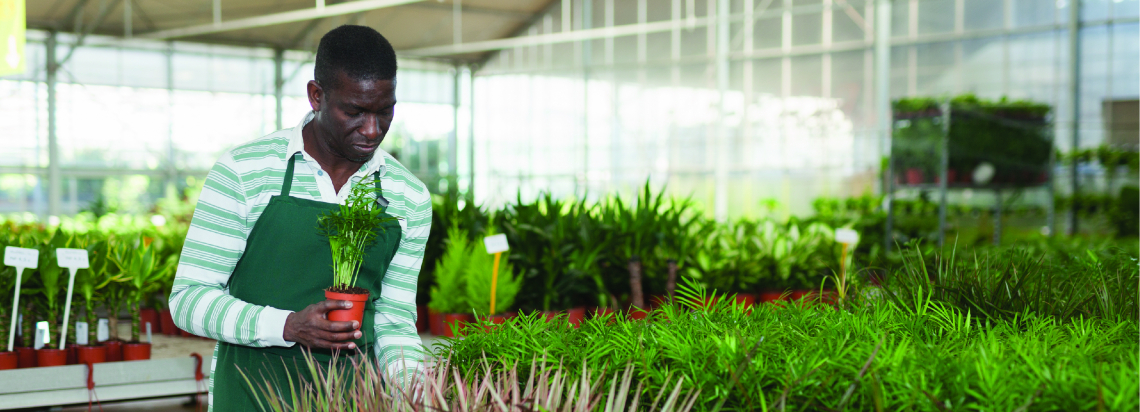
The ATVET project in Togo commenced in May 2014 and has reaslised the following results:
Through a workshop with stakeholders, two value chains, rice and aquaculture, were identified as having the highest potential for employment opportunities for the youth. The training was linked to job requirements in the labour market in order to develop curricula based on specific competencies. Thirteen jobs were created along the rice value chain and ten in the aquaculture value chain;
The curricula for these value chains have been developed. The next step involves training of trainers (ToT) to enable them to perfect the new courses.
A list of formal and informal training centres was compiled and two pilot centres (Infa de Tové and Centre International pour le Development Agro-Sylvo-pastoral (CIDAP)) were identified where the new curricula can be tested;
A study assessing agricultural jobs and their specific requirements was conducted. According to the skills needs identified through the study, a quick evaluation of competences has been done to establish the ability of the selected centres to carry out the youth’s training.
Development of the ATVET Strategy (Stratégie Nationale pour la Formation Agricole et Rurale (SNAFAR)), and capacity-building support to the ATVET National Council. This has facilitated preparations for the implementation of pilot measures along the value chains which have been selected for curricula development;
To date, approximately 150 students have been trained in the entrepreneurship courses (according to the Competency-based Economies through Formation of Enterprises (CEFE) approach. This approach was designed to assist students to better understand market needs. Approximately 206 rice producers have been trained in the Farmer Business School. Thirty women have been trained in rice boiling technology. The training focused on modules related to entrepreneurs and their markets, innovation and operation, and the development of the enterprise.
Stakeholders participated in a capacity building exercise which aims to enable them to formulate the national ATVET strategy, a process that is currently underway.

At the beginning of 2014, 37 of the 42 opted-in African countries have completed a rapid assessment / gap analysis. The next step for countries is to develop a SE4LL Action Agenda and Investment Prospectus(es). To support this process, the SE4ALL Africa Hub partners have led the development of Africa Guidelines for SE4ALL national Action Agendas. The Africa Guidelines lay out principles and process for developing Action Agendas and put forward a balanced approach of centralized and decentralized solutions to achieve universal access to energy services.
Progress in Togo:
SE4All Action Agenda is under development "
you agree to the AUDA-NEPAD Privacy Policy.


